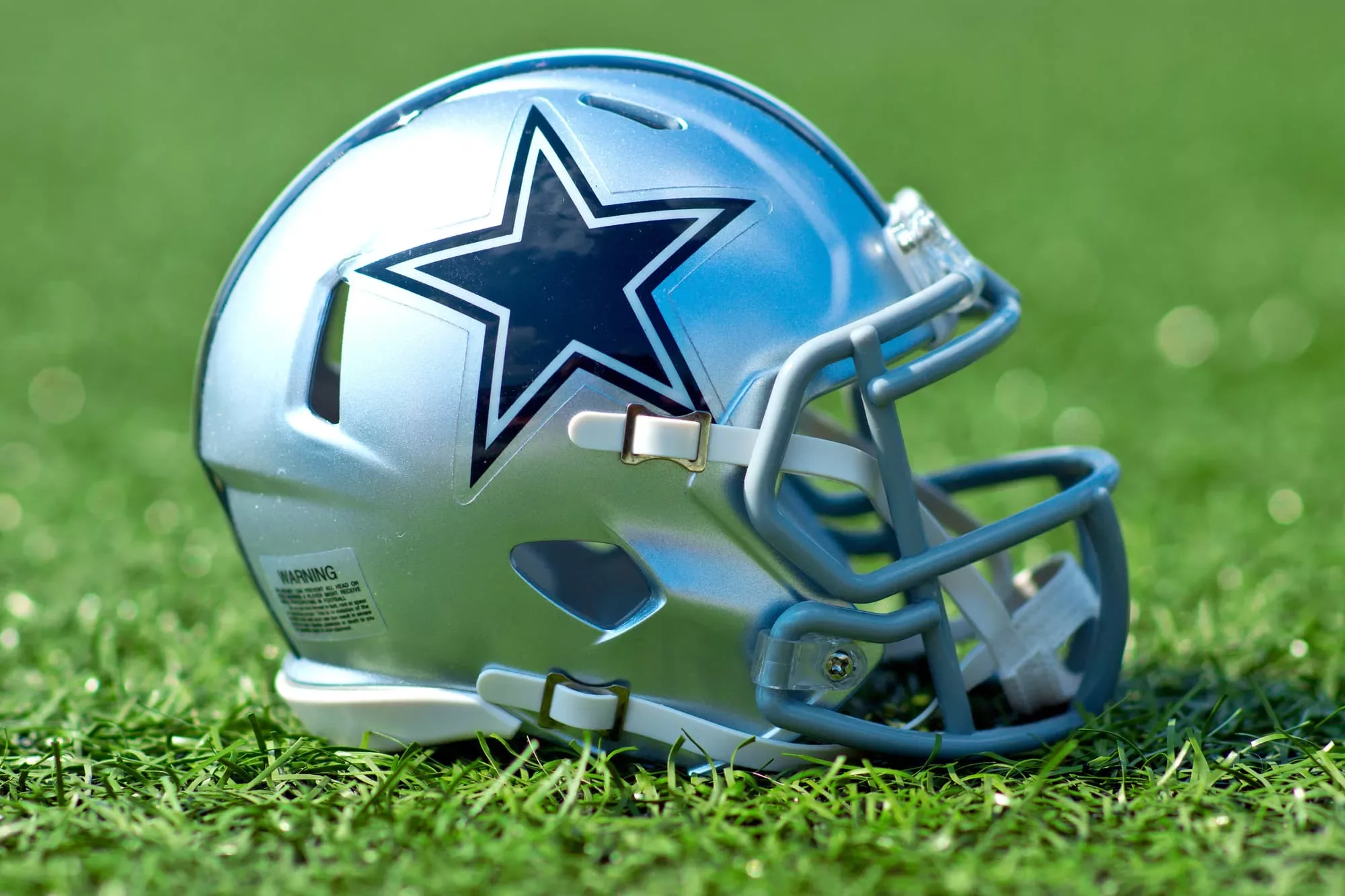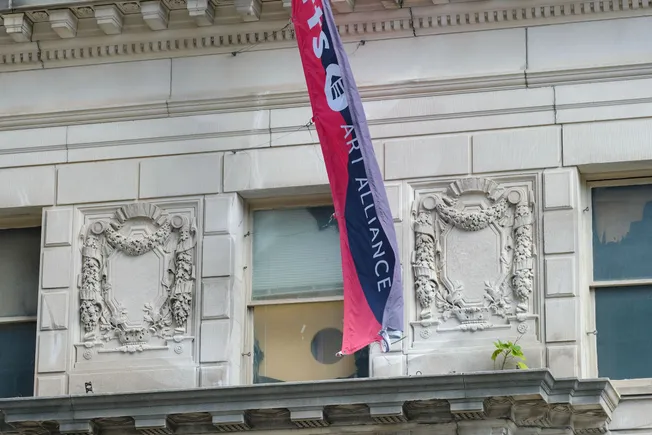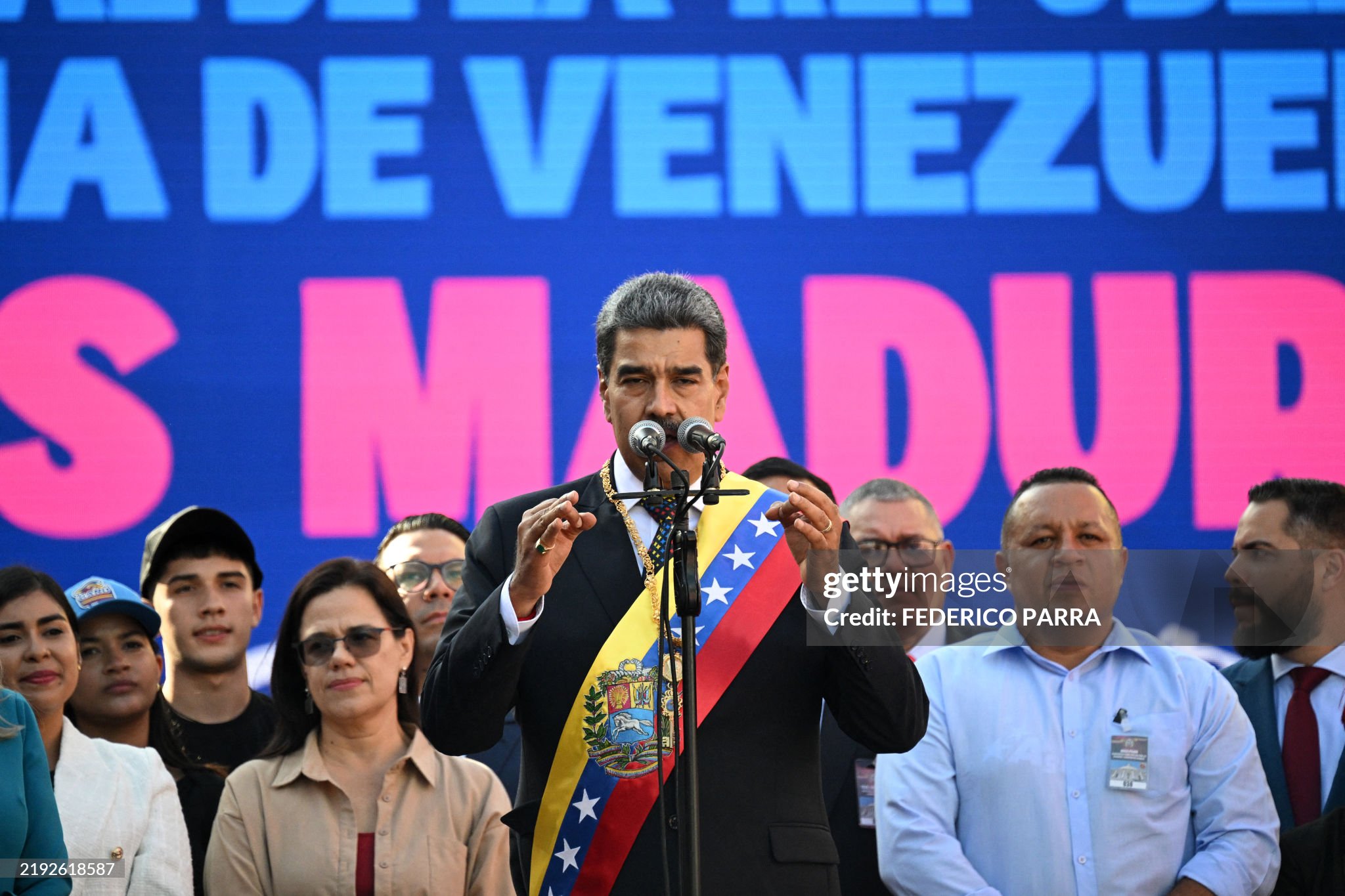AT 82, Barry Tompkins should be slowing down. But listen to him call the ShoBox fights on Showtime or any number of sports these days, and the Hall of Famer may just be getting started on the next chapter of his stellar career behind the mic.
And that’s fine with him.
“More than anything else, it keeps me around young people and, as a result of that, I think it keeps me in the game, so to speak,” said Tompkins when asked about motivation. “I like the way young people think, my crew is all half my age, and I really enjoy it. I like talking to them, I want to know what’s going on in the world – I’m not going to get into a conversation about hip-hop music (Laughs), but I think in its own way, it, relatively speaking, keeps me young. And that’s really why I do it. Plus, I enjoy live television. There’s nothing like that. It’ still, even though I’ve been doing it for all these years, there’s something about that red light going on and you’re on a tightrope for the next two and a half or three hours.”
Walking that tightrope is a scary thought for anyone, and it was for Tompkins when he first got tossed into the fire in the mid-60s.
“I started doing sports at a local news station here in San Francisco and I was in so far over my head,” he laughs. “I always kid about the fact that the guy that hired me was the only person at that station that was a little more incompetent than me. And that’s the only reason he hired me, because I couldn’t show him up.”
Tompkins had done some radio, but as he soon found out, television was a different beast. Some may scoff about that these days, considering all the technology that can cover a multitude of sins, but back then, that tightrope walk was done without a net.
“The very first night I was on the air doing sports – in the fifth biggest market in the country – was the very first time I’d ever even been inside a television station,” he said. “I had no idea which end of the camera to look through. (Laughs) I was that naive. And to compound it even more, it was in the days before teleprompters and before IFBs, so my only contact was through the stage manager.”
Tompkins jokes that he did a four-minute sportscast in two-and-a-half minutes that first night, but as the days, weeks, and months went on, he found his groove.
“When I started, if you couldn’t ad lib, you couldn’t survive,” he said. “It was just that simple. Once I got past that initial six or eight months, I realised that maybe I can do this. In the beginning, there’s no way I should have kept my job; there’s no way I should have gotten it in the first place. But people stayed with me, and it was the number one station in town, so I apparently wasn’t hurting the ratings, so they kept me on.”
There was no looking back from there, and as Tompkins’ confidence grew, so did the acclaim for his work. Not only did Tompkins have a pleasing personality and the ability to ad lib, but he was knowledgeable and willing to cover whatever sport was available for him to cover. And if he didn’t know about it, he got up to speed quickly.
“I’ve done a million different sports,” he said. “I did a gold medal game in the Olympic Games one time in field hockey. I had to read the book of rules before I went in there to do the game. So you learn the terminology and you get out of the way.”
That ability to get out of the way ultimately made him a boxing institution, most notably on HBO and Showtime. As a lifelong fan of legendary broadcaster Don Dunphy, that’s a feather in Tompkins’ hat, and ironically, it was through Dunphy that he got the HBO play-by-play gig. But it didn’t happen the way you think.
“My first event for HBO was not even boxing,” Tompkins explains. “It was a gymnastics meet in Hawaii. Shortly after that, they asked me to do the National Collegiate Boxing Championships at the Air Force Academy. And the thing that was interesting there was that I wasn’t gonna call play-by-play. It was Sugar Ray Leonard and me, and we were the hosts. The play-by-play was Don Dunphy and Larry Merchant.”
That’s a powerhouse squad, for sure. Then things got interesting.
“Somewhere during the course of that broadcast, Larry and Don got in a fight,” Tompkins said. “They dropped the headsets and were ready to go dukes. From that point on, I don’t know what happened, I don’t know how it all transpired, but the next time they did a fight, they called me to do it, and that’s how it started.”
For the next decade, Tompkins was the voice of a generation’s boxing childhood.
“It’s a frightening thought, isn’t it,” he laughs, but no, it was a comforting one as he sat alongside Merchant and Leonard and called some of the sport’s most magical moments, from the Aaron Pryor-Alexis Arguello war to the rise of Mike Tyson and the Leonard versus Hagler bout in 1987.
“How do you like it?” he asked when Leonard-Hagler concluded. We loved it, because Tompkins told us what we needed to know, got out of the way, and let us enjoy those moments for ourselves. Those are rare traits, especially when the tendency for broadcasters these days is to talk over everything and try to go viral with hot takes.
“I think part of it is instinct but, more than anything else, I’ve had a couple of mentors in my career,” said Tompkins. “One was Dick Schaap, and he was really big on you gotta know what everybody does. So when you walk into the truck, you better know what the switcher does and what the A2 does and what the A1 does and what the replay guys do, and know their names. He taught me that, but how to do a game or that sort of thing, I learned from the guy that I did radio with in San Francisco, and his name was Don Klein. He was a very well-known guy here; he did the 49ers and Stanford football and basketball. He always used to tell me that what’s important is the game, not you. If you do your job right, you’re like the referee. The referee does his job right, nobody knows who he is. If you do your job right, nobody knows who you are. And I’ve always ascribed to that, and I never thought of myself as being more important than the event that I was doing. And he was also of the less is more school. He taught me that any kind of big, major play or something happens, you lay out, let the crowd come in, and then you kind of back tag it. Once the moment happens, you shut up. I’ve always been of the less is more school.”
Less did lead to more for Tompkins, though. In 1992, he won the Boxing Writers Association of America’s Sam Taub Award for excellence in boxing broadcast journalism, and in 2017, he was inducted into the International Boxing Hall of Fame. Add in the continued gigs in boxing, along with high-profile jobs working The Super Bowl, the Olympics, the NCAA Final Four and the Masters, just to name a few, and Tompkins’ philosophy has obviously worked. He even called [i]Rocky IV’[i]s Rocky Balboa versus Ivan Drago on the silver screen. And while the business across the board in sports has changed, the beauty of Tompkins’ work is that he remains a steady, professional, classy presence. And he’s that rarity of rarities – a team player.
“In most other sports, and in boxing too, for that matter, the important people are the analysts, not the play-by-play guy,” he said. “It used to be that the play-by-play guy was someone I always equated to the quarterback, and you’re handing the ball off or you’re passing the ball. But now, it’s the analysts who are making the money, it’s the analysts who are important. The play-by-play guy, you call a play and you get out of the way, and that’s what’s changed over the course of time. But it’s changed less in boxing than it has in other sports.”
That’s good, because through it all, Tompkins will always have a special place in his heart for the sweet science.
“Boxing will always be near and dear to me because I’ve been with it for so long and I know so many people in it and I have a real soft spot for fighters, I really do,” he said. “As a group of athletes, I think I’d rather work with boxers than almost anybody else. You ask them a question, they look you in the eye and they give you an honest answer, and that can’t be said of a lot of other sports.”





















Discussion about this post